40 history of record labels and the music industry
Record label - Wikipedia Major versus independent record labels. Record labels may be small, localized and "independent" ("indie"), or they may be part of a large international media group, or somewhere in between.The Association of Independent Music (AIM) defines a 'major' as "a multinational company which (together with the companies in its group) has more than 5% of the world market(s) for the sale of records or ... What is a Record Label? - Exploration Record labels began emerging in the late 1800s when phonographs and phonorecords began to commercialize as technology allowed mass production. By the end of the century, three record companies had established themselves as the leaders of the industry: the Thomas A. Edison Company, Victor Talking Machine Company, and Columbia Phonograph Company.
The Music Industry in an Age of Digital Distribution - OpenMind The Music Industry in an Age of Digital Distribution. In 1999 the global recorded music industry had experienced a period of growth that had lasted for almost a quarter of a century. Approximately one billion records were sold worldwide in 1974, and by the end of the century, the number of records sold was more than three times as high. At the ...
History of record labels and the music industry
Music industry - The Art and Popular Culture Encyclopedia A multitude of record labels came and went, but a handful of label corporations prospered for decades. By the end of the 1980s, the "Big 6" — EMI, Sony, BMG, PolyGram, WEA and MCA — dominated the industry. In mid-1998, PolyGram merged into Universal Music Group (formerly MCA), dropping the leaders down to a "Big 5". They became the "Big 4 ... What Are the Biggest Record Labels? Here's a Quick Rundown Here's a quick rundown of the biggest record labels of 2021, including a look at their history, finances, signed acts, and executive leadership. As a quick overview, Universal Music Group is ... The History of Black-Owned Record Labels - JSTOR Daily Golden World, started by Ed Wingate and his business partner, Joanne Jackson Bratton, opened its doors in 1961. And House of Beauty, started by Carmen Murphy—who ran a recording studio in her beauty salon—and Johnnie Mae Matthews's Northern Records actually predate Motown, both starting about a year earlier.
History of record labels and the music industry. › song-submitSubmit Music to Record Labels, A&R, Radio, Film, TV Looking ... Instrumental beats & full songs w/ vocals are both accepted. Now is your chance to be heard directly by A&R for one of the top record labels in the music industry! (A&R Credits: 50 Cent, 2 Chainz, Big K.R.I.T., G-Unit Records, Def Jam Records) This listing is accepting both instrumental beats & full songs w/ vocals. Genres needed include all ... How indie labels changed the world | Indie | The Guardian Run by mavericks with little or no business sense, independent record labels turned the music industry on its head in the 80s. And their sound and aesthetic remains a huge influence to this day... Ten Books About the History of Record Labels - Dark Shift Despite not having much experience in the music industry, Ahmet Ertegun and Herb Abramson cofounded Atlantic Records--one of the most successful record labels in history. Anything for a Hit: An A&R Woman's Story of Surviving the Music Industry The book cover for former A&R executive Dorothy Carvello's memoir Anything For A Hit. Used under Fair Use. History of Record Labels and the Music Industry by Alex Cosper Dance crazes, surf music, British Invasion, Motown, folk and experimental recording broadened pop music. 1970s: Stereo 24-track recording became the new music industry standard. 1980s: Era of digital recording redefined production while CDs began replacing vinyl records. 1990s: After a series of mergers the big six record labels shrunk to four major labels. 2000s: Digital downloads helped stabilize the music industry's falling sales.
› read › 2022/6/9The Almost Complete History of Kill Rock Stars Jun 09, 2022 · And that’s just scratching the surface. From the great, weird bands on subsidiary 5 Rue Christine (Deerhoof, Xiu Xiu) to Throwaway Style Hall of Famers Wimps, Kill Rock Stars has endured multiple waves of the so-called death of the music industry to remain one of the most influential record labels in music. What is a Record Label? - MusicMissile The history of record labels in the music industry goes all the way back to the 1800s when mass production came into full force and music (then in the form of phonorecords and phonographs) began to be commercialized. At the time, the industry was dominated by three big labels: Victor Talking Machine Company, Thomas A. Edison Company, and ... history of the recording industry: 1950's Flashcards | Quizlet Start studying history of the recording industry: 1950's. Learn vocabulary, terms, and more with flashcards, games, and other study tools. ... Upgrade to remove ads. Only $2.99/month. Arts and Humanities; Music; Musicology; history of the recording industry: 1950's. STUDY. Flashcards. Learn. Write. Spell. Test. PLAY. Match. Gravity. Created by ... › what-is-a-record-labelThe Record Label's Role in the Music Industry Oct 27, 2019 · Major Labels . Major record labels offer deals to the world’s most successful music artists. These record labels, such as Sony and Universal Music Group, own distribution networks that put the music of the artists they sign to exclusive contracts in the hands of the millions of consumers sometimes in a matter of days or even hours.
The Music Industry's Long History of Dividing Blacks and Jews The historical reality is that Jewish label owners and producers have played a tremendous role in the shaping of the music industry, and much of that role has been on the backs of black artists ... 7 Major Record Labels & Some Of Their Notable Acts - Music Industry How To Atlantic Records is an essential label in the history of American music. Founded in 1947, they earned their cred launching jazz, R&B and soul by artists like Aretha Franklin, Ray Charles, Wilson Pickett and Otis Redding. Atlantic became a part of the Warner Music Group in 1967. History of Vinyl Records - Complete with a Timeline and Fun Facts 1949 - RCA Victor introduced a 7 inch 45 rpm record with a hole in the center. 1950s - 1960s - Shellac 78 rpm records stopped being produced in favor of vinyl records. 1962 - The first cassette tape was invented by Phillips. 1982 - CDs ( compact discs) became available to the public. History of Record Labels and The Music Industry company became a third player in 1889, selling dictating machines, under the leadership of Edward Easton. It was originally the American Graphophone Company set up by telephone inventor Bell, his cousin Chichester Bell and Charles Tainter. When the company was incorporated in the District of Columbia, it began to take on the name Columbia.
More Charts The Record Labels Don't Want You To See: Swedish Musicians Making More Money | Techdirt
History of Record Labels and the Music Industry by Alex Cosper The beginning of the recording industry is often thought of as Thomas Edison's patent on phonograph technology in the late 19th century. While rudimentary sound capturing experiments began in the early 1800s with tuning forks, these soundwaves were unable to be reproduced.
› news › race-records-bessie-smithHow 'Race Records' Turned Black Music Into Big Business - HISTORY Aug 07, 2018 · Not all race record labels were white-owned:Black Swan Records, for example, released about 150 race records, including recordings of black classical musicians. However, the label ran into ...
en.wikipedia.org › wiki › Lists_of_record_labelsLists of record labels - Wikipedia Lists of record labels cover record labels, brands or trademarks associated with marketing of music recordings and music videos.The lists are organized alphabetically, by genre, by company and by location.
The Rise and Fall of Record Labels - Claremont Colleges labels will no longer exist as a major part of the music industry. For nearly 60 years the recorded music industry has thrived. Since the invention of record players that allowed individuals to consume music on their own instead of going to live performances, the popularity of owning music has risen. Since the 1940's
History of Record Labels and the Music Industry Comprehensive compilation by Alex Cosper of more than hundred years of consolidation of record labels : In 1965 Warner Brothers purchased independent labels Valiant and Autumn. Kama Sutra Records was formed in 1965 by KS Productions, which was owned by Artie Ripp, Phil Steinberg and Hy Mizra
The history of music distribution | Features | MN2S The first machine-printed music appeared around 1473 - about 20 years after the invention of the printing press - effectively setting in motion the beginnings of a music industry that was about more than just performers, events and instruments.
largest.org › entertainment › record-labels10 Largest Record Labels in the World - Largest.org Oct 04, 2019 · Music is a huge aspect of human culture, allowing artists to express themselves and share their messages with people all around the world. While an increasing number of artists have chosen to sign with independent labels during the past few years, many still hope to make it big by getting in with major record labels that are universally respected and highly profitable.
3. A brief history of the record industry - iasa_web They established subsidiaries and agencies in as many countries as possible and sent their recording experts to record local music in order to promote more interest in the new invention. During the decade preceding the First World War, records enjoyed an astonishing popularity and cheap spring-operated record players found their way even to remote villages where electricity was still unknown.

Amazon.com: How To Create A Successful Record Label In 21st Century: The music industry has ...
en.wikipedia.org › wiki › Music_industryMusic industry - Wikipedia The "record industry" eventually replaced the sheet music publishers as the music industry's largest force. A multitude of record labels came and went. Some noteworthy labels of the earlier decades include the Columbia Records , Crystalate, Decca Records , Edison Bell, The Gramophone Company , Invicta, Kalliope, Pathé , Victor Talking Machine ...
Top 10 major Record Labels. A record label is a brand in the music ... The segment was formed in 2000 with primary focus being on electronic and pop music. It has signed artists such as Katy Perry, Ash Mundae, Kindrid Three, Aurora and The Echoing Green....
Record labels - Music - GCSE Media Studies Revision - BBC Bitesize Record labels. Record labels can be major or independents. Major labels are usually owned by multinational media conglomerates that also produce other media content. The major labels are generally ...
How the Recording Industry Works (History, Jobs, & Functions) Record labels are massive stakeholders in the music industry, and in America they're represented by the Recording Industry Association of America (RIAA). With that out of the way, let's get down to business: Brief history of sound recording. In the early 20th century, sheet music publishers ran the music industry.
The History of Black-Owned Record Labels - JSTOR Daily Golden World, started by Ed Wingate and his business partner, Joanne Jackson Bratton, opened its doors in 1961. And House of Beauty, started by Carmen Murphy—who ran a recording studio in her beauty salon—and Johnnie Mae Matthews's Northern Records actually predate Motown, both starting about a year earlier.
What Are the Biggest Record Labels? Here's a Quick Rundown Here's a quick rundown of the biggest record labels of 2021, including a look at their history, finances, signed acts, and executive leadership. As a quick overview, Universal Music Group is ...
Music industry - The Art and Popular Culture Encyclopedia A multitude of record labels came and went, but a handful of label corporations prospered for decades. By the end of the 1980s, the "Big 6" — EMI, Sony, BMG, PolyGram, WEA and MCA — dominated the industry. In mid-1998, PolyGram merged into Universal Music Group (formerly MCA), dropping the leaders down to a "Big 5". They became the "Big 4 ...

Fascinating animated timeline of bestselling music from past 50 years goes viral — watch | CBC Radio


:format(jpeg):mode_rgb():quality(40)/discogs-images/R-978105-1180080197.jpeg.jpg)

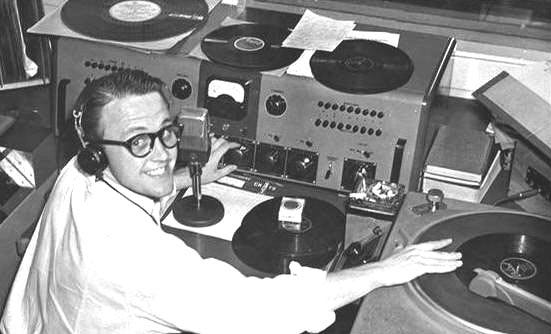

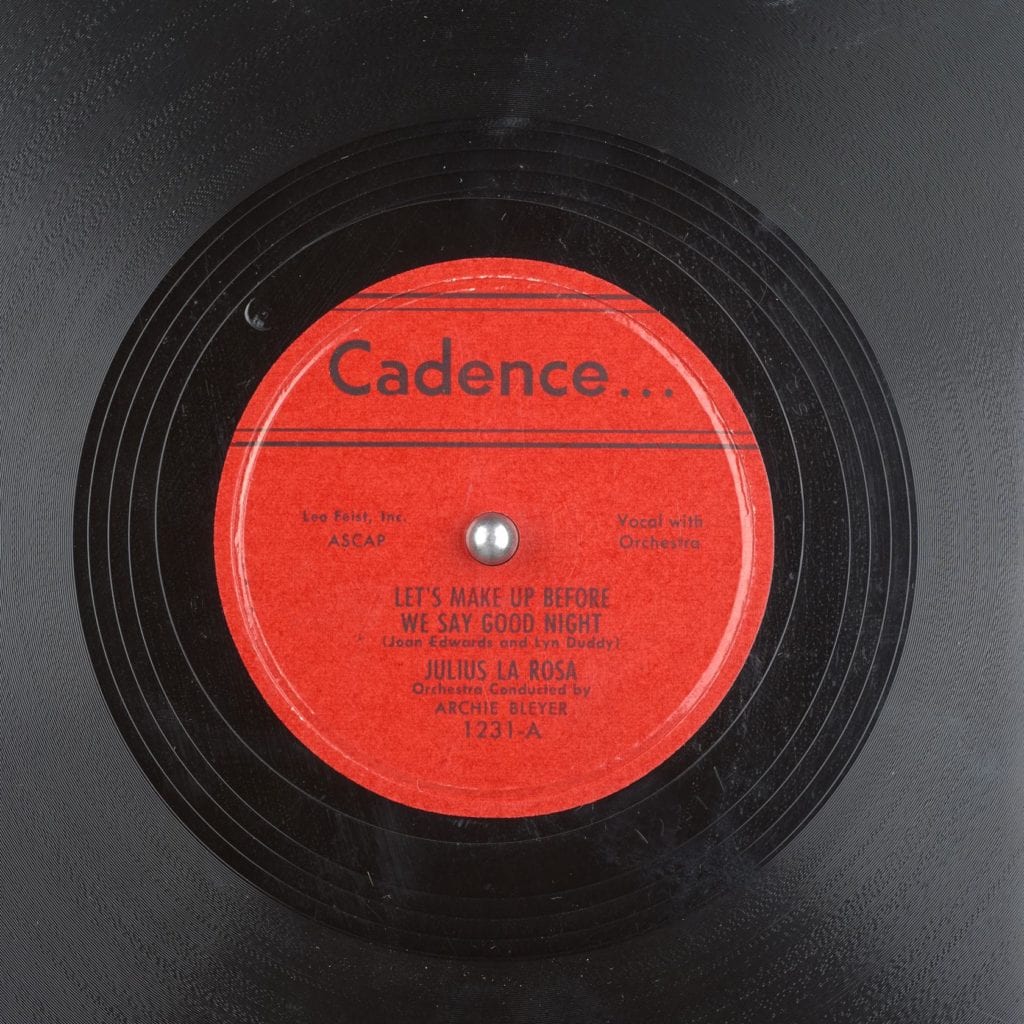



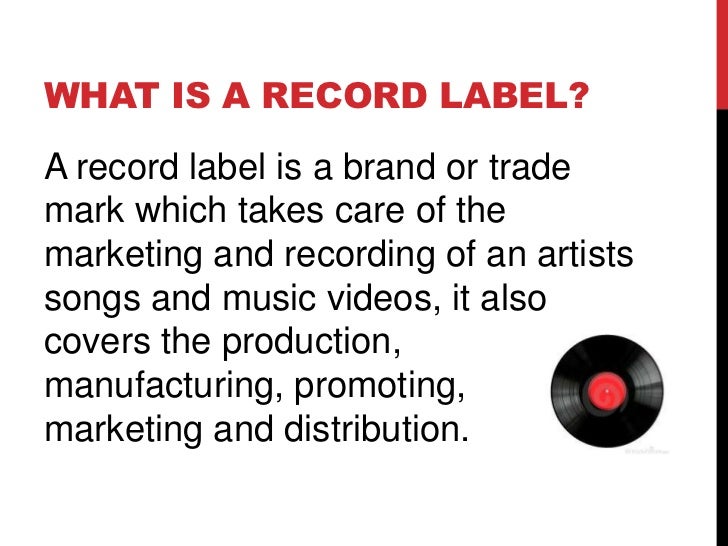






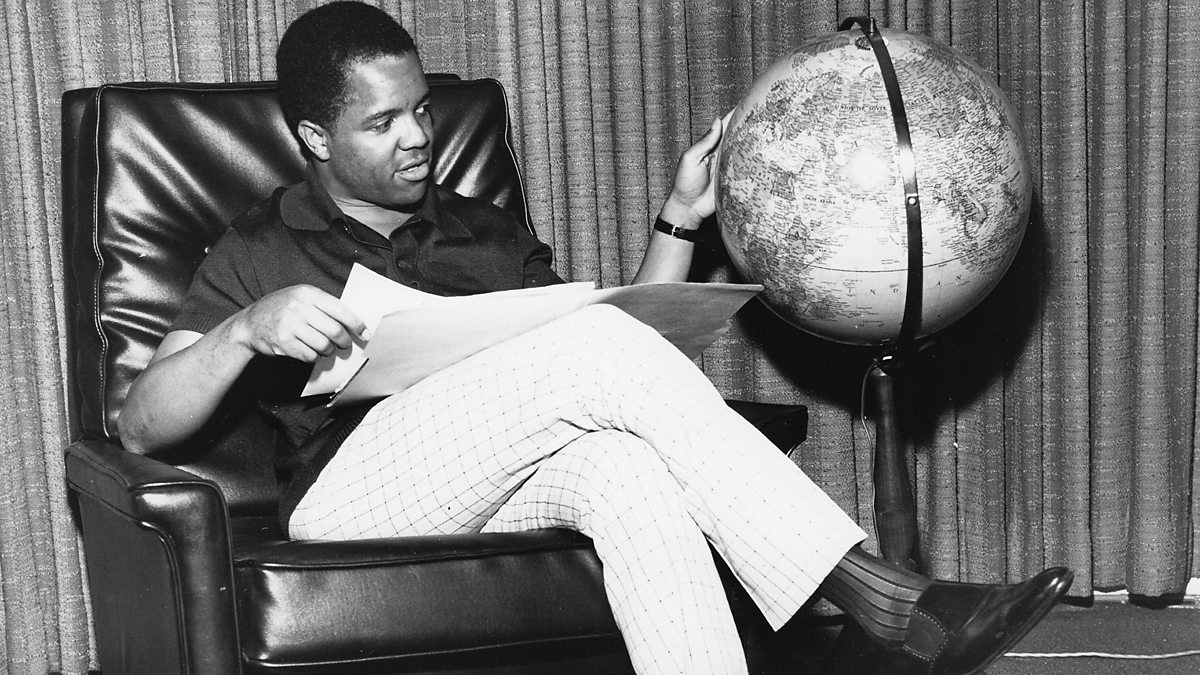

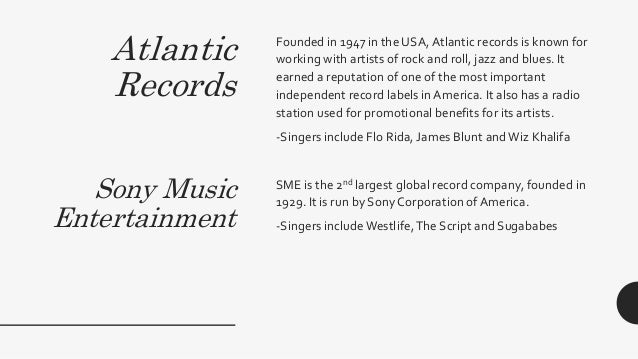

Post a Comment for "40 history of record labels and the music industry"